China calling
July 17, 2024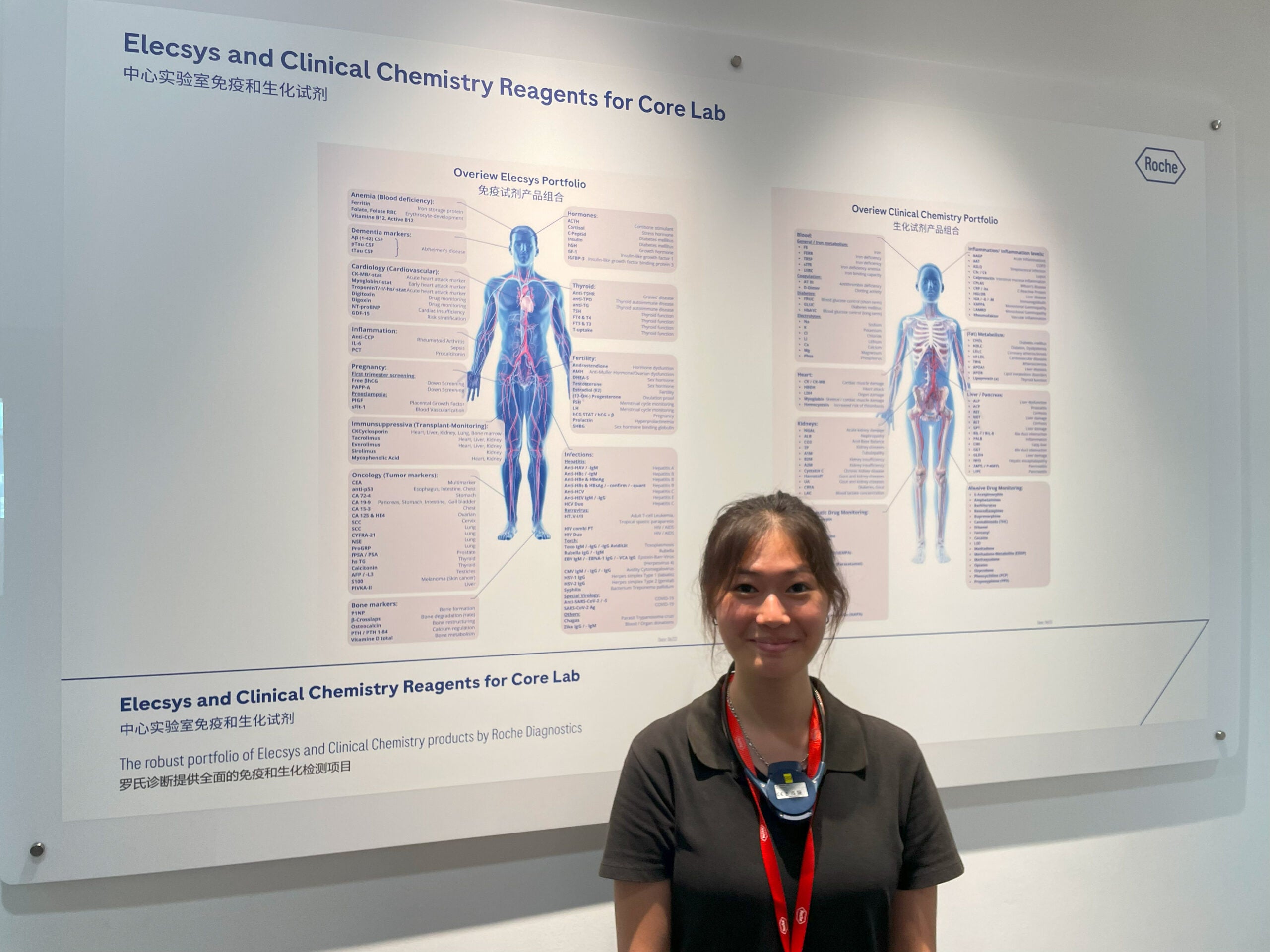
The allure of China as an emerging global powerhouse fascinates Year 3 College of Humanities and Sciences (CHS) Chemistry student KWANG Xin Ying. She therefore decided to join the NUS Study Trips for Engagement and EnRichment (STEER) programme to China to explore its rapidly evolving technological, cultural and business landscape.
Why STEER China?
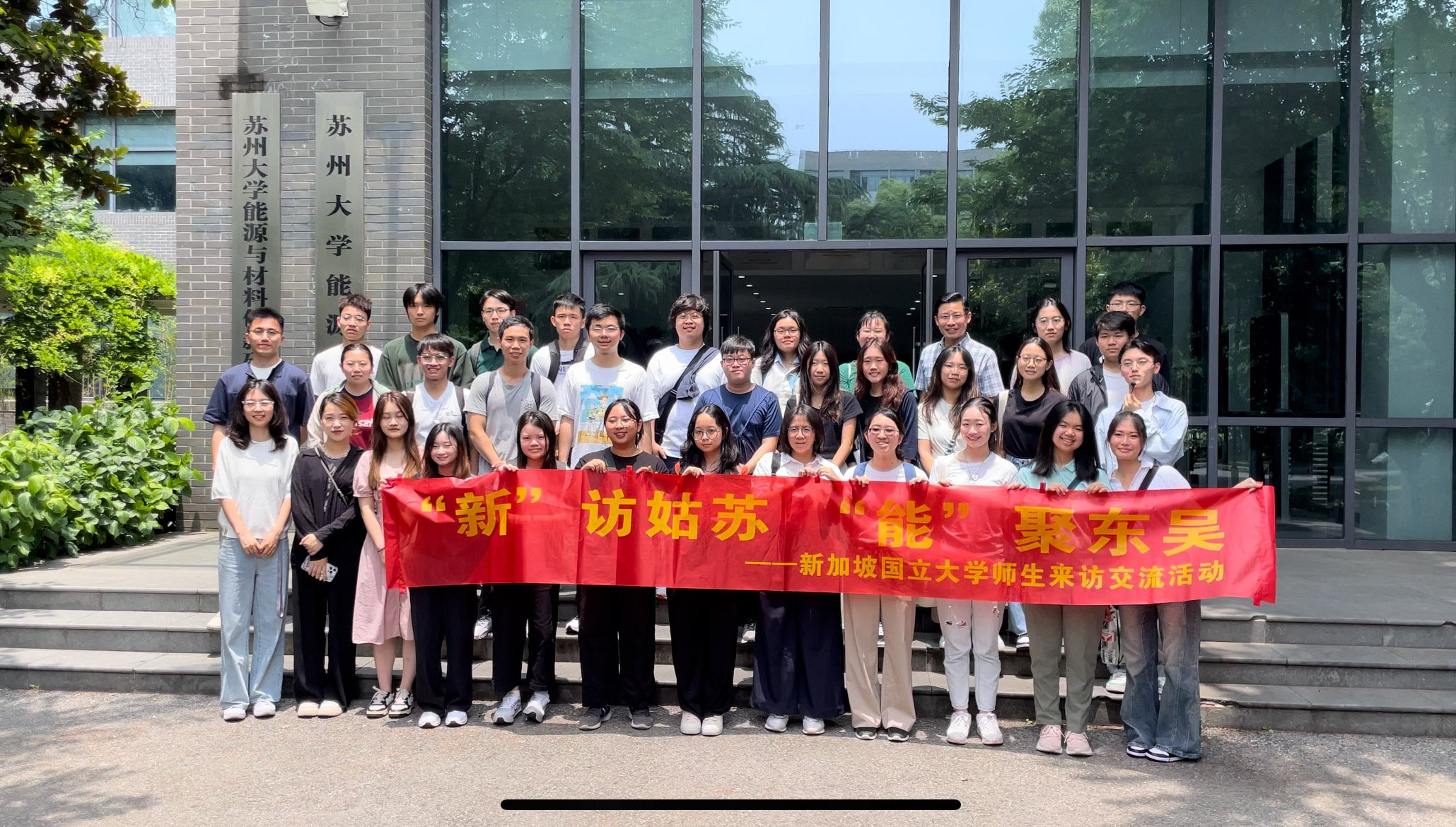
I am interested in global markets and international relations – this was a unique opportunity to gain firsthand experience and insights into a country that plays a pivotal role on the world stage.
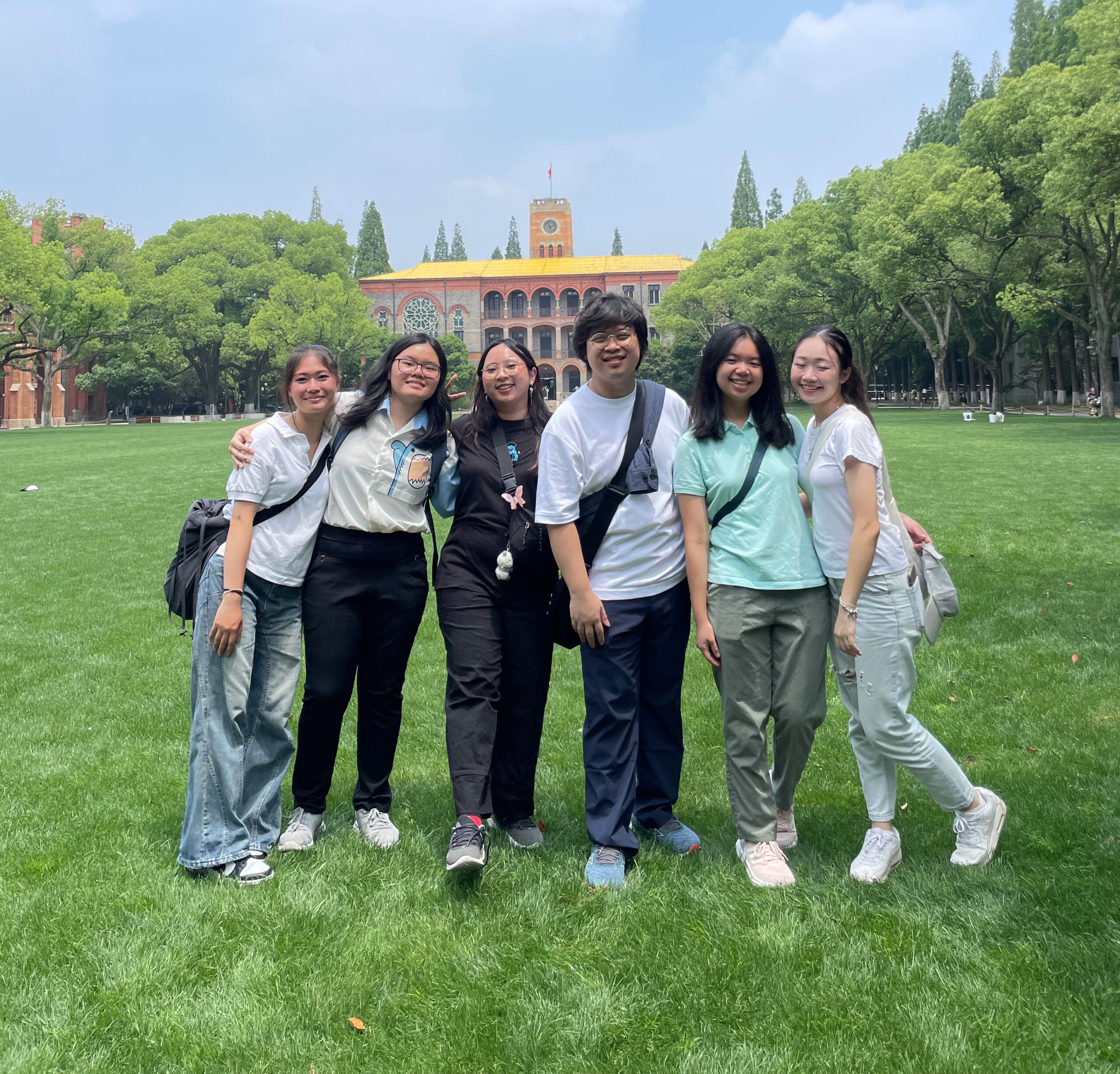
I am also eager to understand more about China’s society, its rich history and the innovations in various sectors. The opportunity to engage local professionals, visit key industrial sites and experience China’s cultural heritage greatly appealed to me.
What were some memorable moments for you?

We witnessed cutting-edge advancements at various startups and leading companies in Suzhou. Meeting the engineers and innovators behind these technologies was both inspiring and educational.
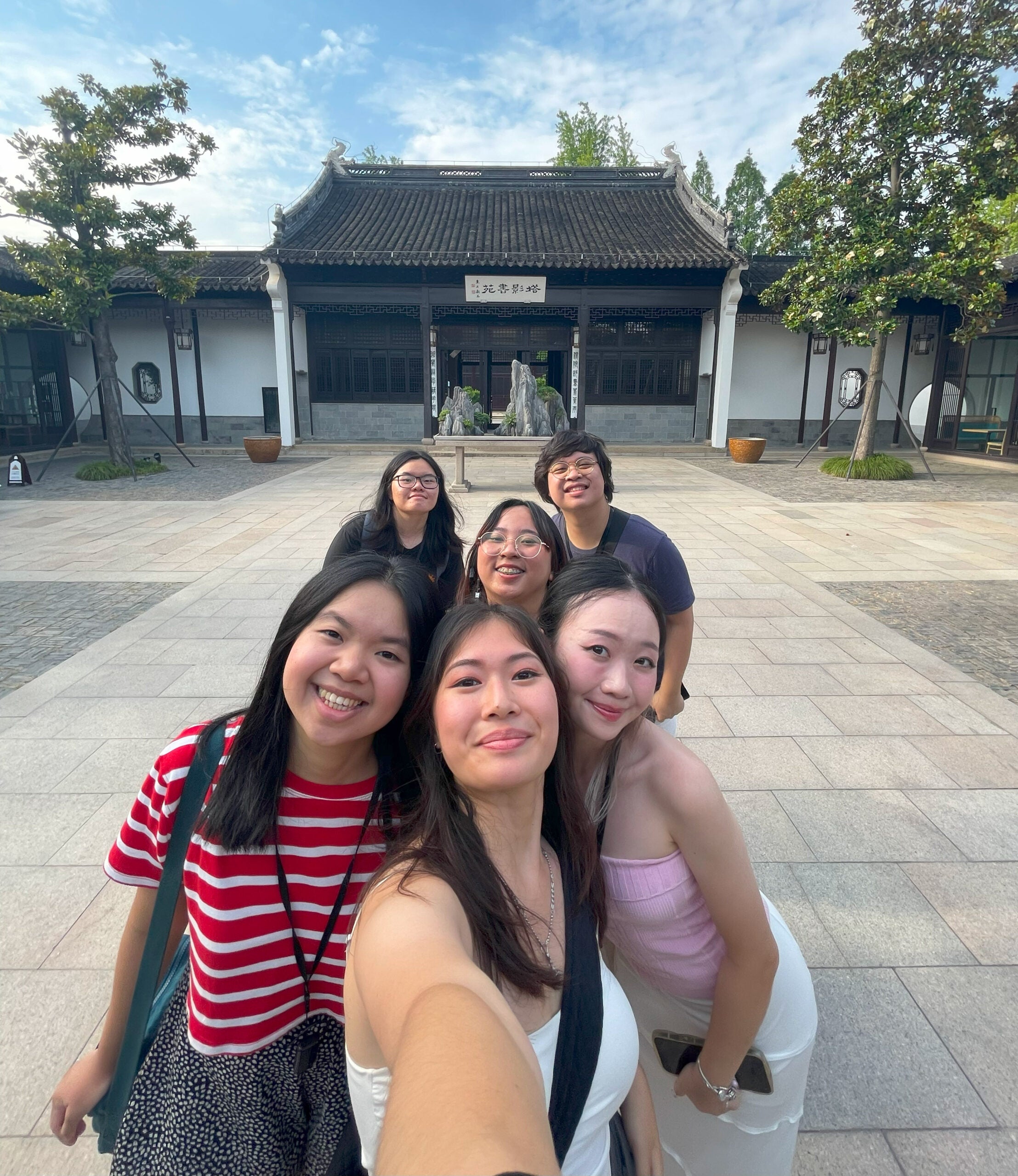
We also gained an overview of China’s history through traditional landmarks like Yuyuan and Shantang Jie, among others, as well as its progress through modern landmarks like the Oriental Pearl Radio and TV Tower.
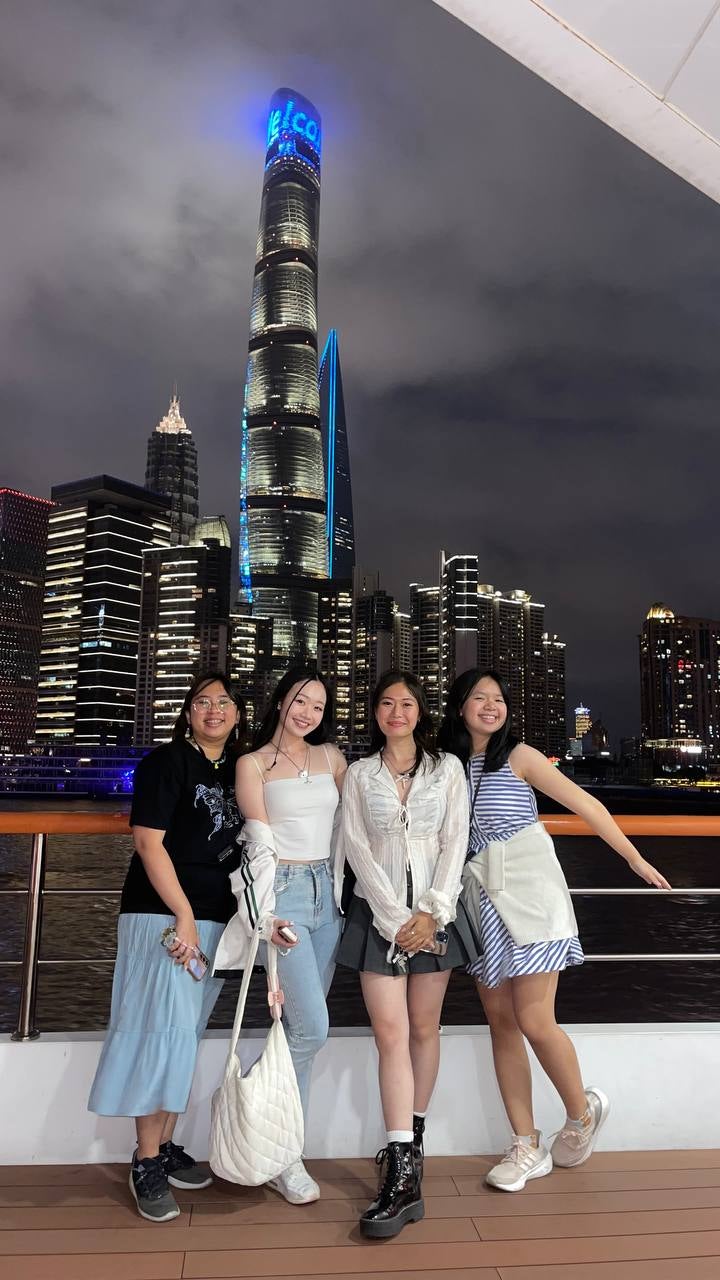
The cultural exchanges with local university students were incredibly enriching, yielding insights into our respective cultures.

What were your key learning takeaways?
I gained a deeper appreciation of the importance of cultural sensitivity and the need to approach international business with an open mind, and with respect for local customs and practices.
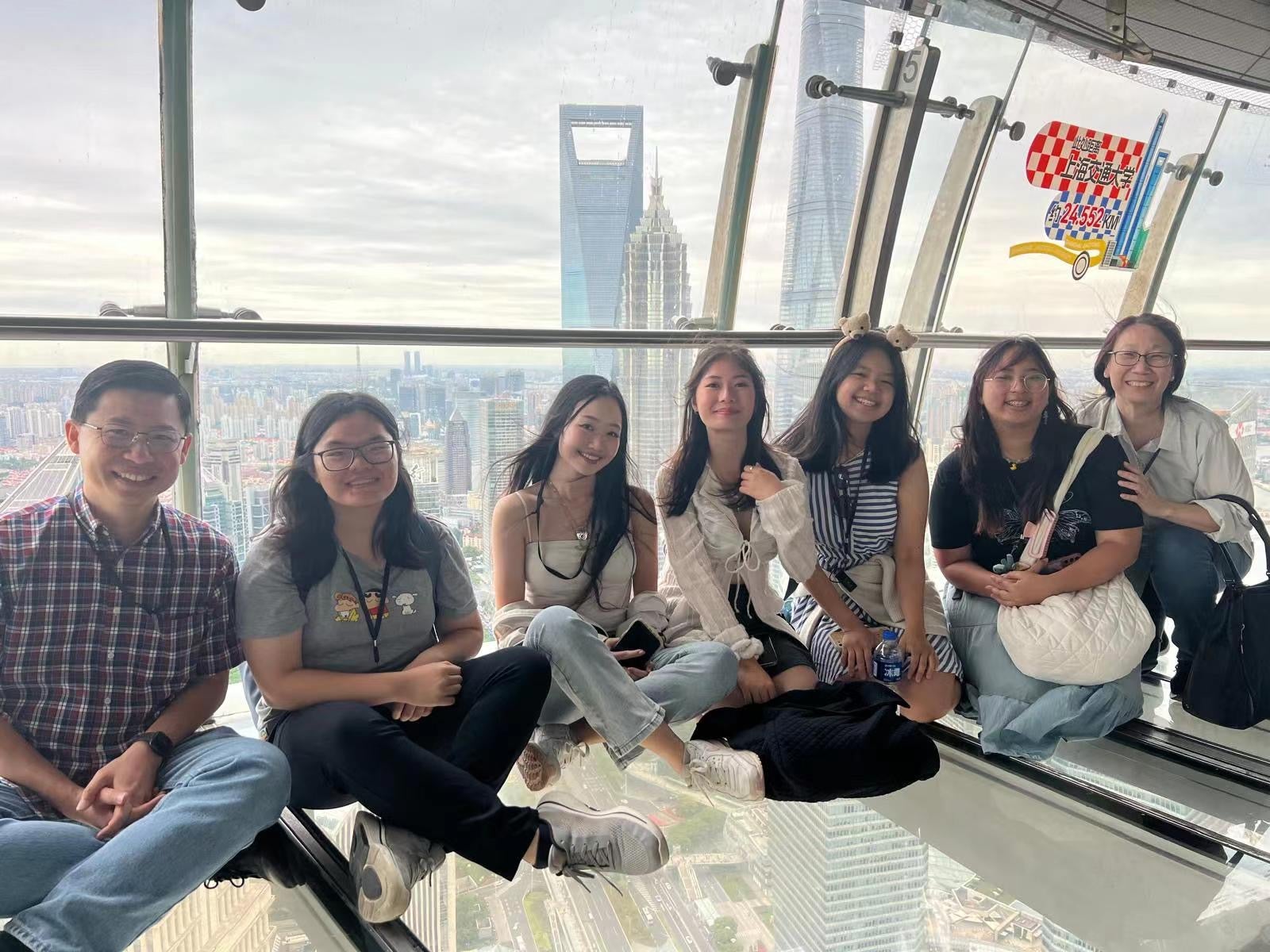
Discovering how innovation and adaptability are integral to China’s was another eye-opener – the seamless blend of tradition and modernity in Shanghai and Suzhou truly shows the dynamic nature of Chinese society.
How do you plan to apply the knowledge you have gained in the future?
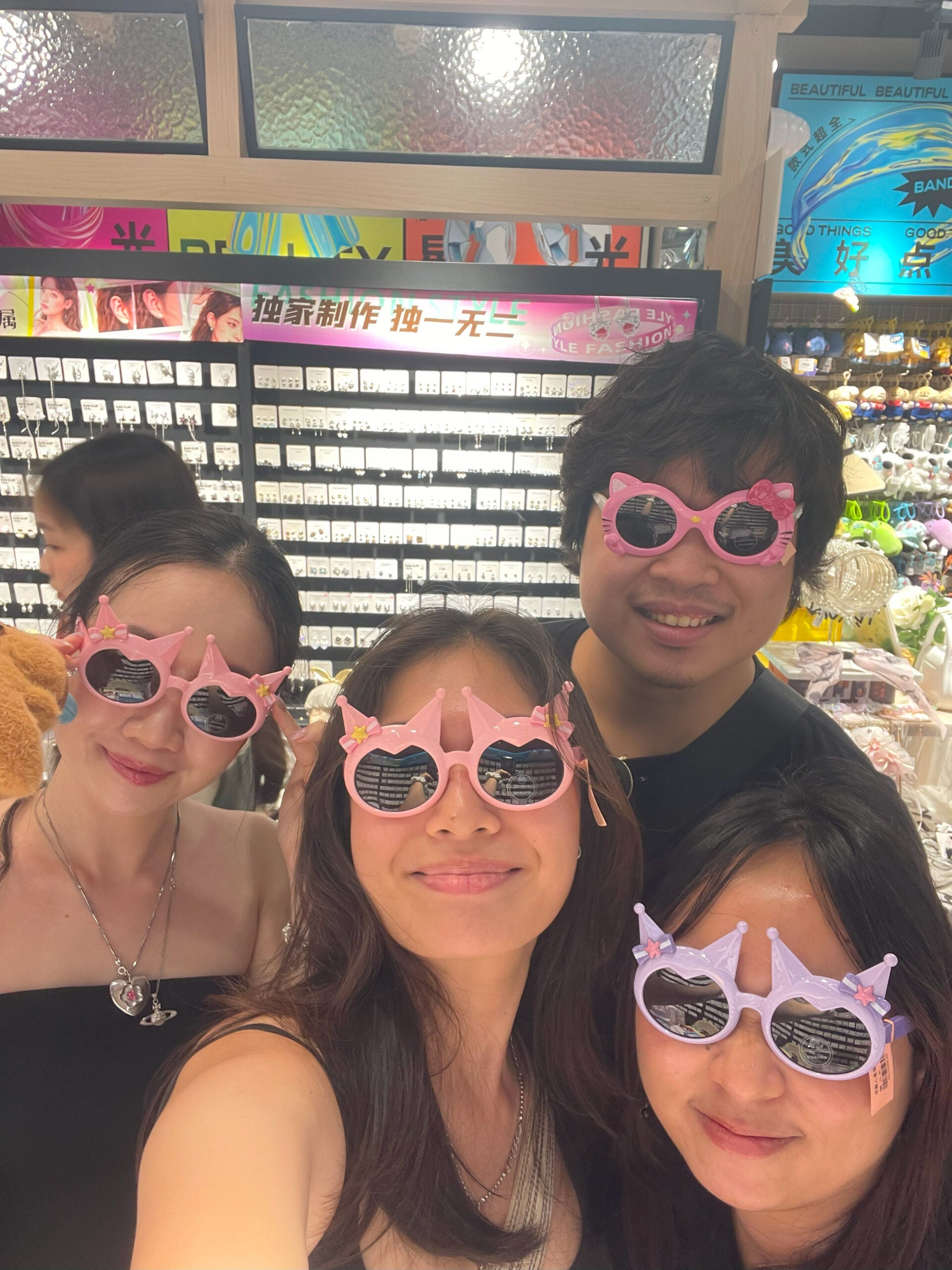
I hope to be able to make more informed decisions in my academic and professional endeavours by incorporating a broader, global perspective. I also believe that considering different viewpoints and collaborating with colleagues and partners from diverse backgrounds will add value to my future research projects.
Contributed by Kwang Xin Ying, Faculty of Science


